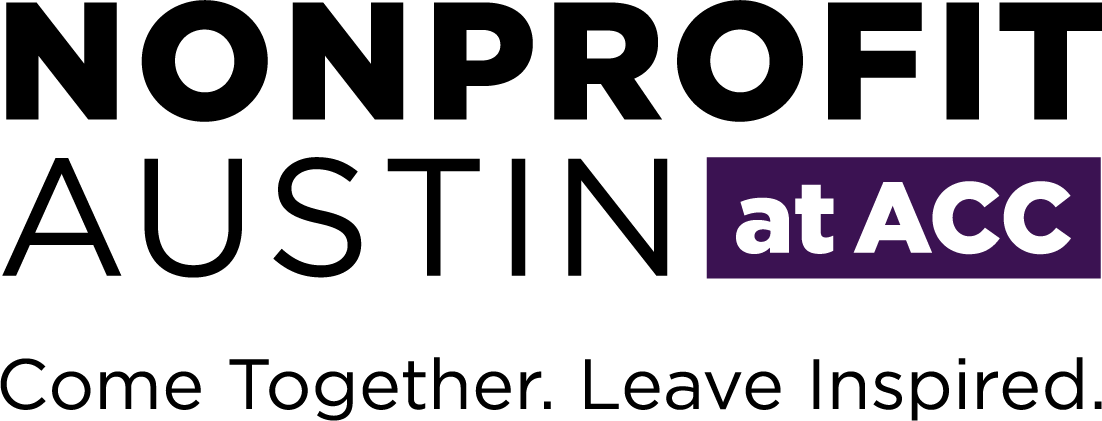
Christina Ceballos
Experienced Social Responsibility, Sustainability & Governance Professional
For the past 20 years, Christina Ceballos has been committed to creating a better world through ethical leadership, social responsibility, and sustainability. It was in high school when she first began volunteering at various events and activities. During her time at the University of Minnesota, she had two internships and volunteered for other activities. Her first internship was in France as a high school English Assistant and the second was in the Refugee and Immigrant Program at the Advocates for Human Rights. She volunteered as a French Language Instructor at Concordia College’s weekend language immersion program and was a volunteer member of the University-YMCA Immersion Program to study the Human Rights of refugees in five western European countries. She graduated in 2001 with a degree in French and Global Studies, with an emphasis in Human Rights.
In 2002, Christina served one term in AmeriCorps’ elementary school education and mentoring program for fourth through sixth graders in St. Paul, Minnesota. During this time, she began volunteering on a friend’s organic farm. When she finished her service in AmeriCorps, she took an organic farming apprenticeship on an organic farm in Wisconsin where she lived and worked on the same land. These experiences prepared her to begin two years of service as an agriculture extension agent in the U.S. Peace Corps in Mali, West Africa, in 2005. She worked on peanut and cotton farms, women’s community gardens as well as on other community development projects.
After returning to the U.S. in 2007, she moved to Austin, Texas and began working for the Austin Independent School District. While leading a large afterschool program in an underserved high school, she helped found and build a nonprofit environmental education organization, EcoRise Youth Innovations. She served for two and a half years as a founding board member and board chair.
In 2010 she earned a Certificate in Nonprofit Leadership and Management from the Center for Nonprofit Studies. Also at that time, she began working at Environmental Defense Fund in the Oceans program on research, project management and stakeholder engagement in the development of fisheries policy. Her leadership activities included co-leading the staff Diversity Committee and leading the Environmental Justice sub-committee. Along with a small, internal working group, Christina developed the organization’s first diversity strategic plan.
In 2013, she graduated from the Bill Munday School of Business at St. Edward’s University with a Master’s of Science in Organizational Leadership & Ethics and became a certified reporter in the Global Reporting Initiatives’ sustainability reporting framework. She currently leads IdealEthos, an environmental and social impact consulting firm in Austin, Texas.
Brief statement why you have accepted appointment and what you would consider to have been a successful tenure when your term:
I have accepted this appointment because I care about the Central Texas nonprofit sector and the Center. After graduating from the CNLM program in 2010, I have benefitted professionally and personally from this education. Participating on the CLC is another way for me to serve and give back to the Center and the community.
To me, a successful tenure means that the CLC will collaborate on effective strategies for the Center going forward. It also means that we will have been able to elevate the Center to new, more visible levels within our networks and beyond. I personally will strive to do this in all of the networking events I attend and through referrals to the Center’s resources.
Brief statement on your sense of the Center’s impact for its first 15 years and its potential for future:
I am not sure if I know about all of the Center’s impact for the past 15 years, but it has been the following at the very least:
- The CNLM program has graduated more than 240 nonprofit professionals and leaders who care about and are committed to the sector
- The Center has great resources for nonprofits and training opportunities including various certifications and workshops
I understand that the Center has had various partnerships over the years. I think it would be really helpful to get an overview of that history and learn more about what has and what has not worked. I believe this will help the CLC understand how far the Center has come, but more importantly, we need to understand how it operates and gets funding before we can suggest a path forward.
Ultimately, I do believe the Center can have a great impact on the sector in Central Texas. It is integrated into the Austin Community College system which has a wide geographical reach, which is an advantage. I think the priority for the Center is to distinguish the value it brings to the sector and how the Center’s approach is unique compared to Greenlights. A few ways that this can be done are through increasing communications, representing the Center at more central Texas events, recruiting students to the CNLM program directly at nonprofits and at other continuing education fairs, contributing to sector-related research and sharing it openly with community members and possibly helping nonprofits gain access to more funding resources.
